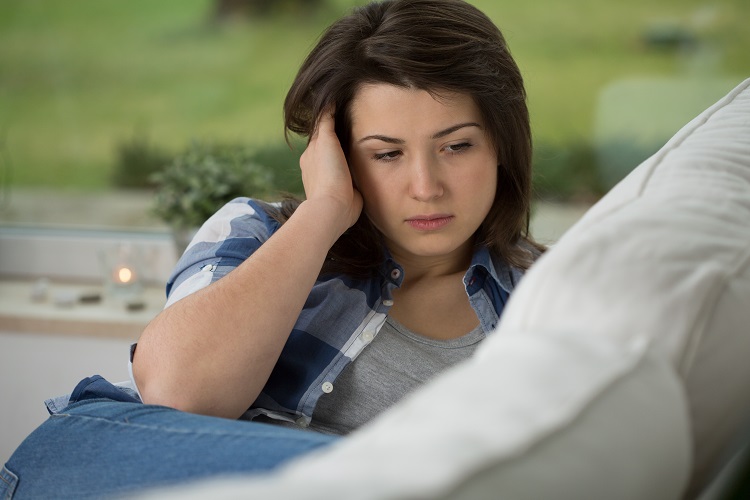
Seasonal Depression and Addiction is something that can occur with Seasonal Affective Disorder, or SAD, which is a type of depression that often coincides with the seasons of the year.
Individuals who experience seasonal affective disorder will typically have symptoms of depression during the winter months and undergo an alleviation of these symptoms during the spring and summer months.
A common symptom of seasonal affective disorder is the occurrence of depression during the same season each year.
While there are many different factors that influence the development of seasonal depression, such as genetics, and hormones, the overall lack of sunlight exposure during the winter months can be a factor as well.
Because seasonal depression typically occurs during the winter months, many individuals who experience this disorder may commonly experience symptoms during the holiday season. Symptoms of seasonal depression including:
- Loss of interest in usual activities
- Feeling sluggish and lethargic
- Increased anxiety
- Sadness or moodiness
- Difficulty concentrating
Seasonal depression is a severe disorder that can lead to problematic consequences if not dealt with appropriately and professionally.
SAD & Addiction
Addictions and substance abuse can also commonly occur alongside seasonal depression. If you are in recovery from an addiction to drugs and/or alcohol and are susceptible to seasonal depression, it is crucial that you are prepared to deal with some of the symptoms that you may face. Many of the symptoms of seasonal depression can trigger addiction-type behaviors.
For example, a person who is dealing with extreme sadness and anxiety related to SAD may look to drugs or alcohol as a way of self-medicating, numbing out, or escaping difficult emotions.
 Being aware of the connection between seasonal depression and addiction can be helpful for a person who may have these co-occurring disorders.
Being aware of the connection between seasonal depression and addiction can be helpful for a person who may have these co-occurring disorders.
If you know that you tend to develop depression during the same season every year, be sure to set yourself up with the treatment you need that can help sustain you during this difficult time.
Involve the help of your therapist, addiction specialist, and support group to protect your recovery efforts while actively treating seasonal addiction.
While seasonal depression can be overwhelming to deal with each year, having the appropriate help can ensure that you are making it through a potentially difficult situation while maintaining recovery from addiction.
Crystal is a Masters-level Registered Dietitian Nutritionist (RDN) with a specialty focus in eating disorders, maternal/child health and wellness, and intuitive eating. Combining clinical experience with a love of social media and writing, Crystal serves where her passion to help others find recovery and healing is integrated into each part of her work.
As a Certified Intuitive Eating Counselor, Crystal has dedicated her career to helping others establish a healthy relationship with food and body through her work and nutrition private practice.
The opinions and views of our guest contributors are shared to provide a broad perspective of addictions. These are not necessarily the views of Addiction Hope, but an effort to offer discussion of various issues by different concerned individuals.
We at Addiction Hope understand that addictions result from a combination of environmental and genetic factors. If you or a loved one are suffering from an addiction, please know that there is hope for you, and seek immediate professional help.
Last Updated & Reviewed By: Jacquelyn Ekern, MS, LPC on November 25, 2015
Published on AddictionHope.com
